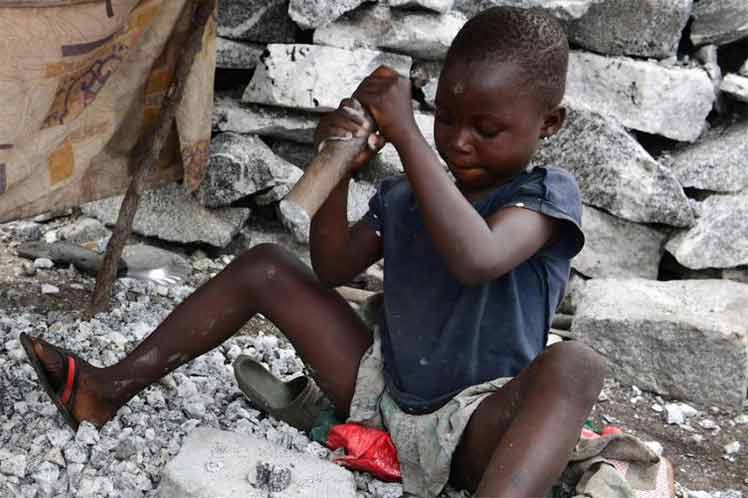In a message honoring the International Day for the Abolition of Slavery, Guterres urged not to forget the immeasurable suffering of millions of African men, women and children under the evil of the transatlantic slave trade.
“We honor the resilience of those who endured and pay tribute to those who sacrificed their lives in the universal quest for freedom,” he said in the letter.
Guterres cleared up that, while some may believe slavery to be a thing of the past, this evil continues to blight our modern world.
Debt bondage, serfdom and forced labor, human trafficking for the purpose of exploitation – including sexual exploitation, forced marriage, child labor – and the recruitment of children in armed conflict – are contemporary manifestations of slavery.
All are crimes and egregious violations of human rights.
Of the over 40 million victims of slavery today, one in four are children, three in four are women and girls. Some are forced to produce the clothes we wear, the food we eat, or construct the buildings we live and work in.
Poor and marginalized groups – in particular racial and ethnic minorities, indigenous peoples, refugees and migrants – are at highest risk.
Women and girls from minority groups are among the most vulnerable of all.
The Covid-19 pandemic has highlighted the urgency for greater vigilance. We must ensure decent work and prevent human rights violations across global supply chains.
I call on Member States, civil society and the private sector to strengthen collective action to end the heinous practice of slavery.
mh/pll/mem/age









